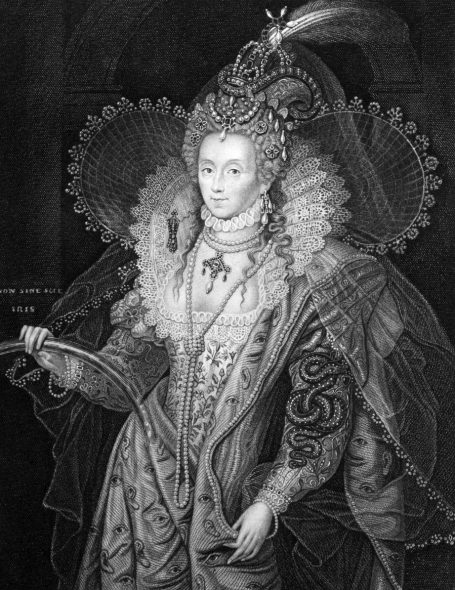Students start their time in History, developing skills of inference, working out the mystery surrounding the Tollund Man. We then investigate the Romans, studying the various strategies that made them successful as well as assessing how civilised they were. Students are then introduced to Medieval Realms, examining the Norman invasion. Here students will hold a Hasting Hustings and find out the reasons why the English lost the battle of Hastings. Finally the students investigate the impact of the Norman conquest on medieval life, this part of the year sees the whole of Year 7 visit Kenilworth castle where they investigate how the castle changed from a fortress to a palace. Assessments are largely essay based with complete scaffolding for support at the beginning. Many lessons will incorporate revision skills to help with frequent comprehension tests.
History Overview
Head of Subject: Mrs S. Barnes
Humanities at Bewdley incorporates a broad spectrum of study. The recognised core of Geography, History and Religious Education are joined in the Upper School by Health and Social Care, Sociology and Psychology. This breadth and depth of study explores all aspects of human life and interaction, encouraging lively debate and thoughtful analysis and evaluation of our society, its cultural development and social norms and expectations.
Core humanities subjects are taught to all lower school students covering one sixth of the curriculum, whilst at GCSE and Advanced Level they are offered a wide range of choices. GCSE courses in Geography, History and Religious Education are joined by BTEC Health and Social Care as popular introduction to a crucial part of our social infrastructure. At Advanced Level many students study History and Geography, with a strong uptake in Advanced Level Psychology. Advanced BTEC Health and Social Care is offered as a single and a double course studied in large numbers as a gateway into the sector.
Year 8 History Overview
Students are introduced to the Tudors, they start the year investigating the War of the Roses and then move onto assessing the roles of the various Tudor monarchs from Henry VII through to Elizabeth. An investigation then takes place into why the English were successful during the Spanish Armada. The Stuarts and failing relationship between monarch and Parliament is then researched, as Students assess the significance of Charles I in causing the English Civil War. Next the students examine the impact of the Trans-Atlantic Slave Trade and how key leading abolitionists fought to end such a horrific trade. This then links to their final topic of unknown heroes where students work on a campaign to help explain why Walter Tull should receive the Military Cross for bravery. Many of the assessments build upon the skills from year 7 and form the basis for GCSE style questions and comprehensions style tests. As in Year 7 many lessons will incorporate and expand on revision skills to help with frequent comprehension tests.
Year 9 History Overview
Students will examine the causes of WW1 as well as examine the conditions in the trenches and the impact of the Great War. They will study the Impact of the Treaty of Versailles on Germany and examine the reasons why Hitler and the Nazis party rose to power. Students then investigate the causes of WW2 and examine the policy of appeasement. Finally students complete their year 9 course by investigating the holocaust and its devastating impact. Assessments take the style of GCSE style questions and comprehension tests, to develop skills for the GCSE. Again, many lessons will incorporate revision skills to help with frequent comprehension tests and enable a smooth progression into GCSE.
Year 10 & 11 History Overview
The GCSE course offers wide coverage History covering well over 1000 years! It is not for the faint hearted – or for those who do not enjoy reading or writing! However, if you love doing both of these, this course is fascinating, intriguing and inspiring all at the same time. It examines the driving forces that led to some of the most intensive conflicts in society from the First World War, the Cold War, the Cuban Missile Crisis, the Korean war, the Berlin Wall, Vietnam war, War in Afghanistan to the Post-Cold War era and the rise of Al-Qaeda. Within this, the highly academic skill of historical interpretations and historiography features as a large aspect to the course. The depth study on the USA, concentrates on the concept of liberty and Freedom and questions who actually had “freedom and liberty” during 1945-1975. The War and society unit goes from 790AD to 2010 and the impact of the war on Terror – this focuses on the impact of these wars on British society, examining the people and their relationship with the government. As part of this course, the depth study Personal Rule to Restoration allows students to really unpick the deterioration in relationship between monarch and Parliament and encourages students to show awareness of Parliaments growing power. Finally, the Students will have to study the form and function of a specific castle chosen by the exam board.
Assessments will be based on the exam syllabus style of questioning and will be frequent. Some will be short and others will require longer answers. Many lessons will incorporate revision skills to help with retaining large amounts of content for the course.
http://www.ocr.org.uk/Images/207163-specification-accredited-gcse-history-a-j410.pdf
Assessment information:
Paper 1 = International relations 1918-2001 including USA depth study = 50% GCSE
Paper 2 = British thematic study – War and Society= 25% GCSE
Paper 3 = British depth study (Personal Rule to restoration and a study of the historic environment (castles unit) = 25% GCSE
Year 12 & 13 History Overview
1C The Tudors: England, 1485–1603:
2Q The American Dream: Reality and illusion, 1945 – 1980




